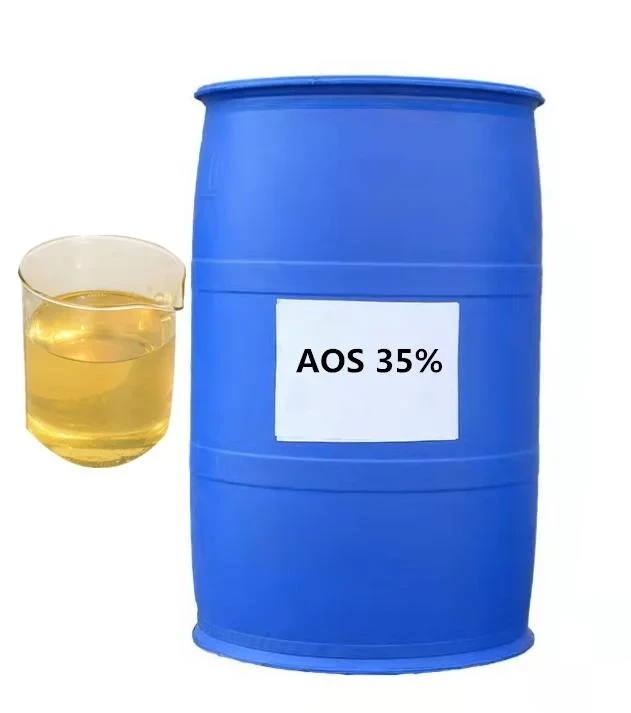



Effective Water Treatment Solutions for Small Swimming Pools and Spas
Small Pool Water Treatment Ensuring Clean and Safe Swimming
Maintaining a small pool, whether it’s a backyard oasis or a portable inflatable, requires diligent care to ensure that the water remains clean, safe, and pleasant for swimmers. Swimming pools can be breeding grounds for bacteria, algae, and other contaminants if not properly treated. Therefore, understanding the key components of small pool water treatment is crucial for any pool owner.
The Importance of Water Chemistry
The first step in effective pool water treatment is maintaining balanced water chemistry. Key parameters to monitor include pH, free chlorine, total alkalinity, and stabilizer levels. The ideal pH for pool water is typically between 7.2 and 7.8. If the pH is too high or too low, it can lead to skin irritation for swimmers and may diminish the effectiveness of chlorine. Testing strips or liquid test kits can help pool owners determine the chemical balance of their water.
Chlorine is the primary disinfectant used in pool water treatment. It helps kill harmful bacteria and prevents the growth of algae. Ensuring that free chlorine levels are between 1 to 3 parts per million (ppm) is essential for effective sanitation. Stabilizers like cyanuric acid protect chlorine from being degraded by sunlight, which is particularly important for outdoor pools.
Regular Cleaning and Maintenance
In addition to monitoring chemical levels, regular physical maintenance is necessary to keep pool water clear and inviting. This includes skimming the surface to remove leaves and debris, vacuuming the pool floor, and brushing the walls to prevent algae buildup. Small pool owners should also regularly clean or replace filters according to the manufacturer's recommendations to ensure proper water circulation and filtration.
Shock Treatment
small pool water treatment

Occasionally, it’s necessary to perform a “shock treatment” on the pool. This involves adding a higher dose of chlorine to the water to quickly eliminate contaminants. Shock treatment is particularly important after heavy use, rainstorms, or when the water appears cloudy. Shocking the pool helps reset the chemical balance and restores clarity.
Algae Prevention and Treatment
Algae can pose a significant challenge for small pool owners, especially in warmer climates. To prevent algae growth, it’s important to maintain proper chemical levels and ensure good circulation. Pool owners can also use algaecides as a preventive measure. If algae do manage to take hold, it’s crucial to act quickly with a combination of shock treatment and thorough cleaning.
Water Replacement and Drainage
Depending on usage and the pool’s condition, it may be necessary to partially or fully drain and refill the pool at intervals. This not only helps remove accumulated contaminants but also refreshes the water. If draining is required, ensure compliance with local regulations regarding water disposal.
Conclusion
Small pool water treatment may seem daunting at first, but with regular maintenance, proper chemical management, and a proactive approach to cleaning, pool owners can maintain a safe and enjoyable swimming environment. By understanding the fundamentals of water chemistry and the importance of routine care, anyone can enjoy a sparkling clean pool all season long. Whether for relaxation or recreation, the benefits of a well-maintained small pool far outweigh the efforts required!
-
How and Why to Disinfect Water Softeners for Safe, Reliable WaterNewsNov.24,2025
-
Effective Deionized Water Disinfectant Solutions for Healthcare & Industrial UseNewsNov.24,2025
-
Commonly Used Disinfectant for Drinking Water – Global Uses & InnovationsNewsNov.23,2025
-
Chemical to Disinfect Water – Essential Solutions for Safe, Clean Drinking WaterNewsNov.23,2025
-
Blue Water Disinfectant: Safeguarding Global Water Quality with InnovationNewsNov.22,2025
-
Bleaching Powder for Water Disinfection – Affordable & Effective Water Treatment SolutionNewsNov.22,2025
-
Bleaching Powder Drinking Water: Effective, Affordable Disinfection WorldwideNewsNov.21,2025










